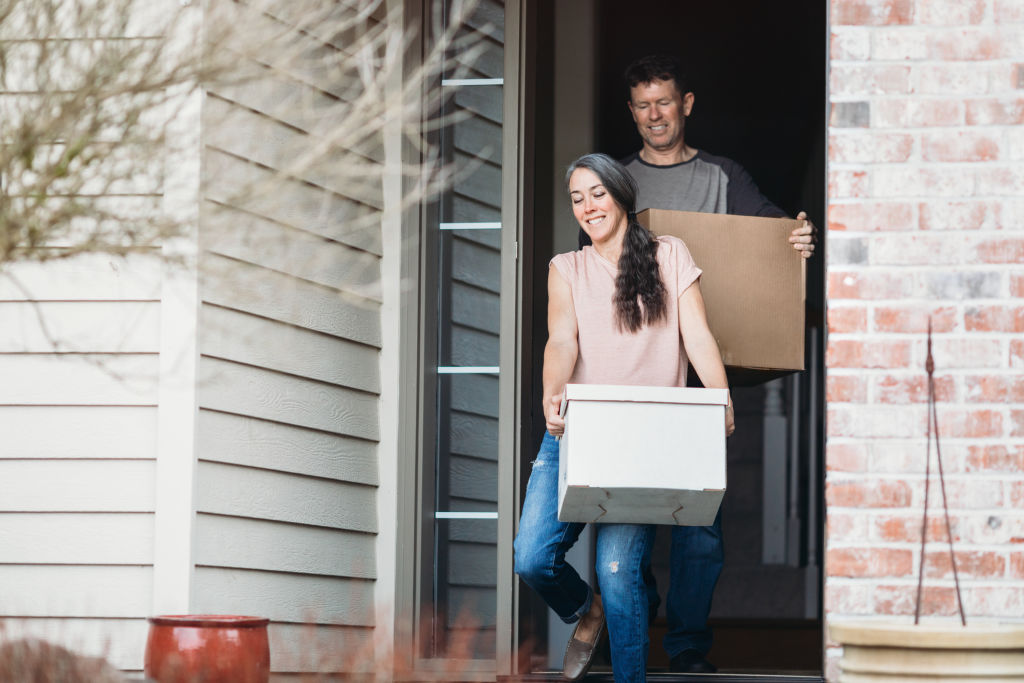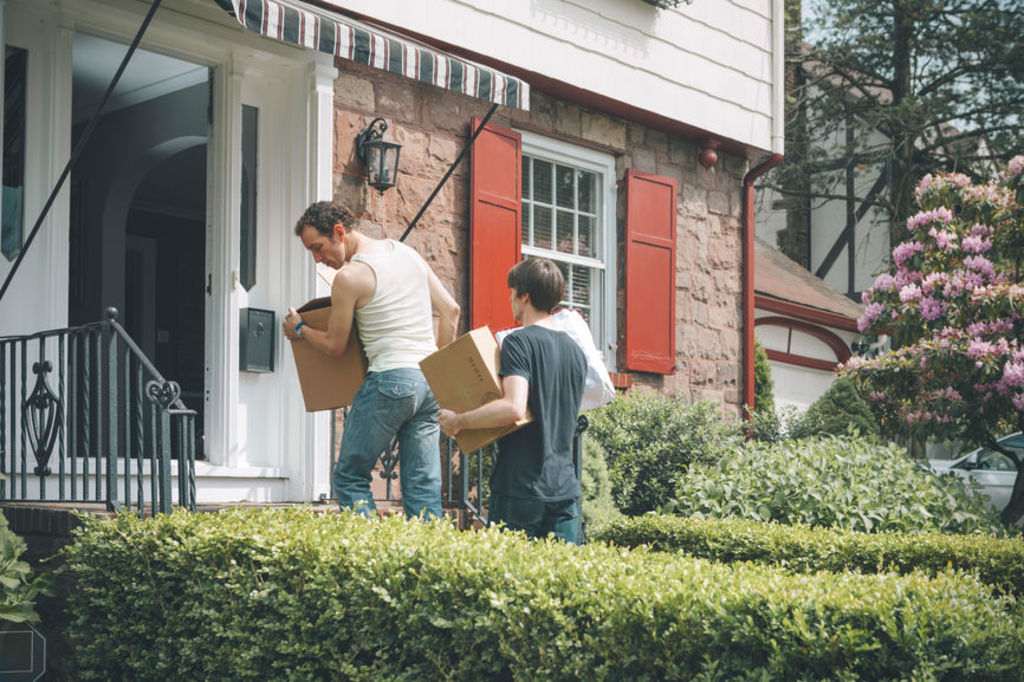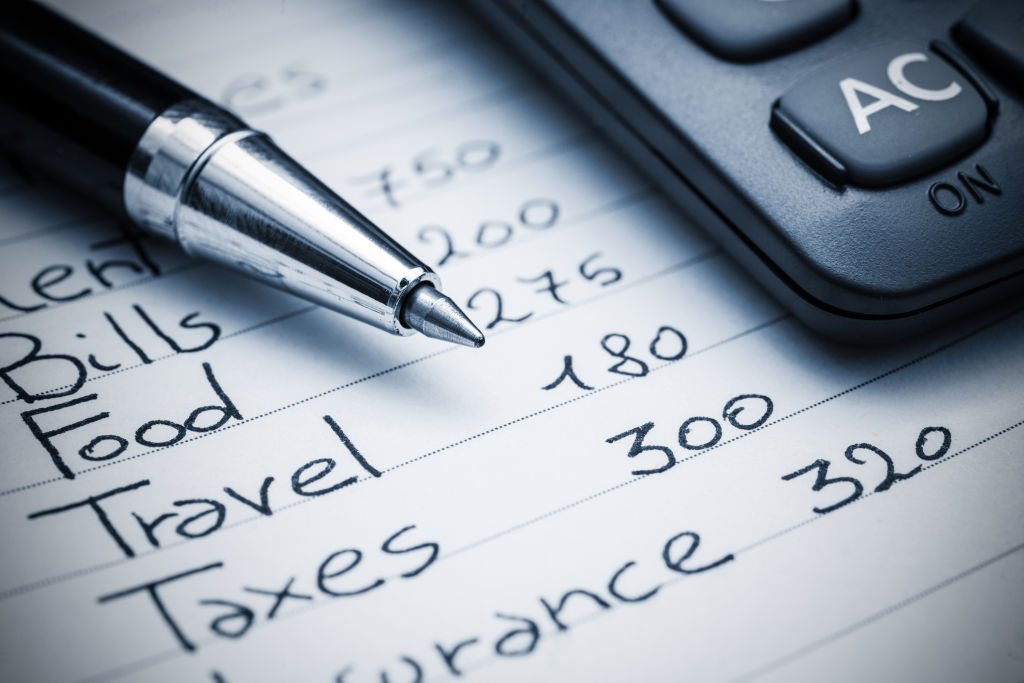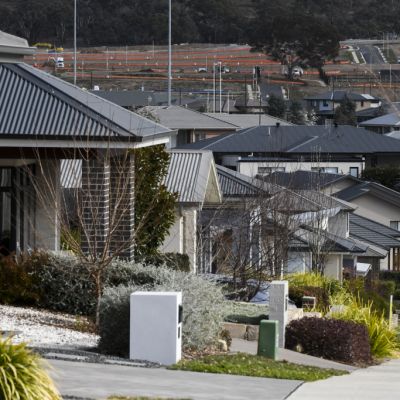
How Australians have changed their lifestyles to save money amid the pandemic
Hundreds of thousands of Australians have changed the make-up of their households in a bid to save money amid the coronavirus pandemic, a new survey suggests.
About 5 per cent of Australians have moved in with friends or family since the pandemic hit, or welcomed a family member or friend into their own home, a new survey from Finder, released on Tuesday, shows.
“Australia is experiencing not only a pandemic but a recession, so it’s no surprise that Aussies are looking to boost their finances,” said Graham Cooke, insights manager at the comparison website.
“Some Australians are looking past the pet peeves that may have deterred them from co-living and are moving back home or in with friends.”
Younger Australians led the charge, with 13 per cent of those in Gen Z and 7 per cent of Gen Y moving, compared to just 1 per cent of those in Gen X.

Mr Cooke said this was to be expected, with younger Australians more likely to work in hard-hit industries such as hospitality.
He urged more Australians to consider co-living to save, but acknowledged younger people could be in a better position to return to the family home or move into a share house with friends.
The survey of 1000 people, conducted in early August, also found respondents in NSW and Victoria were slightly more likely to move than their Queensland counterparts.
“It could be a long time before life goes back to normal and with the full effect of the economic crisis yet to hit, we need to be looking at ways to recession-proof our finances,” Mr Cooke said.
Households have been consolidating since the early days of the pandemic.
By April, about one in six Australians had already changed their living arrangements, a St George survey found, with some moving home to their parents, taking on additional housemates, delaying plans to move and even selling up in a small number of cases.

Meanwhile, a Finder survey in May found one in five adult children living in the family home had returned back due to the COVID-19 crisis.
The changes to households and pull-back in demand for rental properties – particularly in inner-city Melbourne and Sydney, which saw an exodus of foreign students – led to a spike in vacancy rates, which has since eased.
But with vacancy rates still elevated, tenants should seek out a cheaper property when their lease was up, Mr Cooke said, or look to negotiate a rental reduction.
“For property owners, if you have a spare room consider renting it out to a suitable family member or friend. The extra money you make can go towards rent, or paying off your mortgage,” he added.
Other steps Australians took to make or save money included investing in property (2 per cent), investing in shares (9 per cent) and taking up a side hustle (9 per cent). One in 10 people sold some belongings to make extra cash, while more than half cut back their spending.

Overall 63 per cent of people made a change, but again it was the younger generations most likely to alter their lifestyle with 77 per cent of Gen Z looking at ways to save or make more money, compared to 49 per cent of Baby Boomers.
Meanwhile Queenslanders were least likely to recession-proof their finances, Mr Cooke said, with only 56 per cent making a change, compared to 66 per cent of those in NSW and 69 per cent of Victorians.
“The virus hasn’t hit Queensland as hard as it has the other east coast states, but the economic fallout will impact everyone in the coming months so it’s important for all Aussies to look for ways to secure their finances,” Mr Cooke said.
In addition to reducing discretionary spendings, Australians should look for ways to cut down on expenses, Mr Cooke said, and do their research to ensure they were getting the best deal on home utilities and other services.


